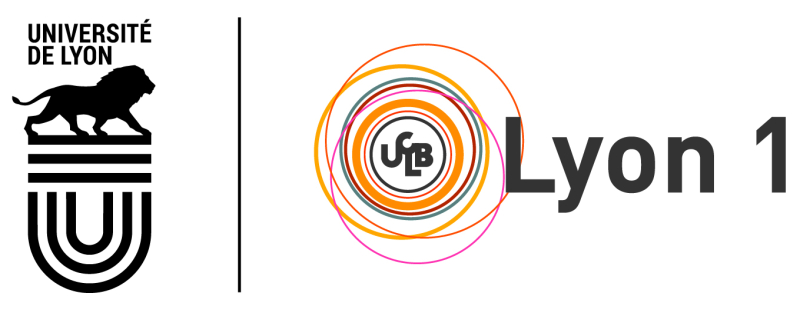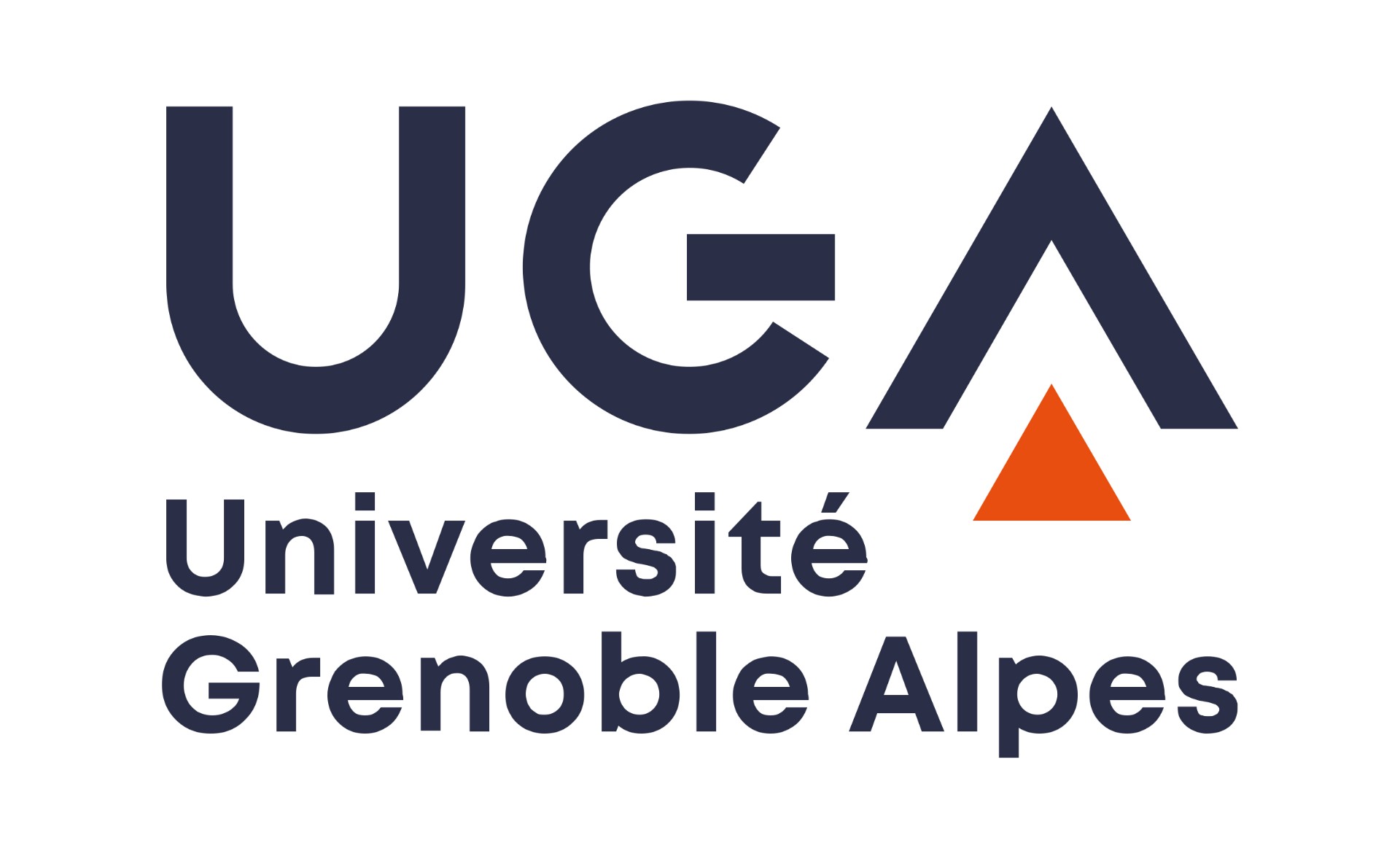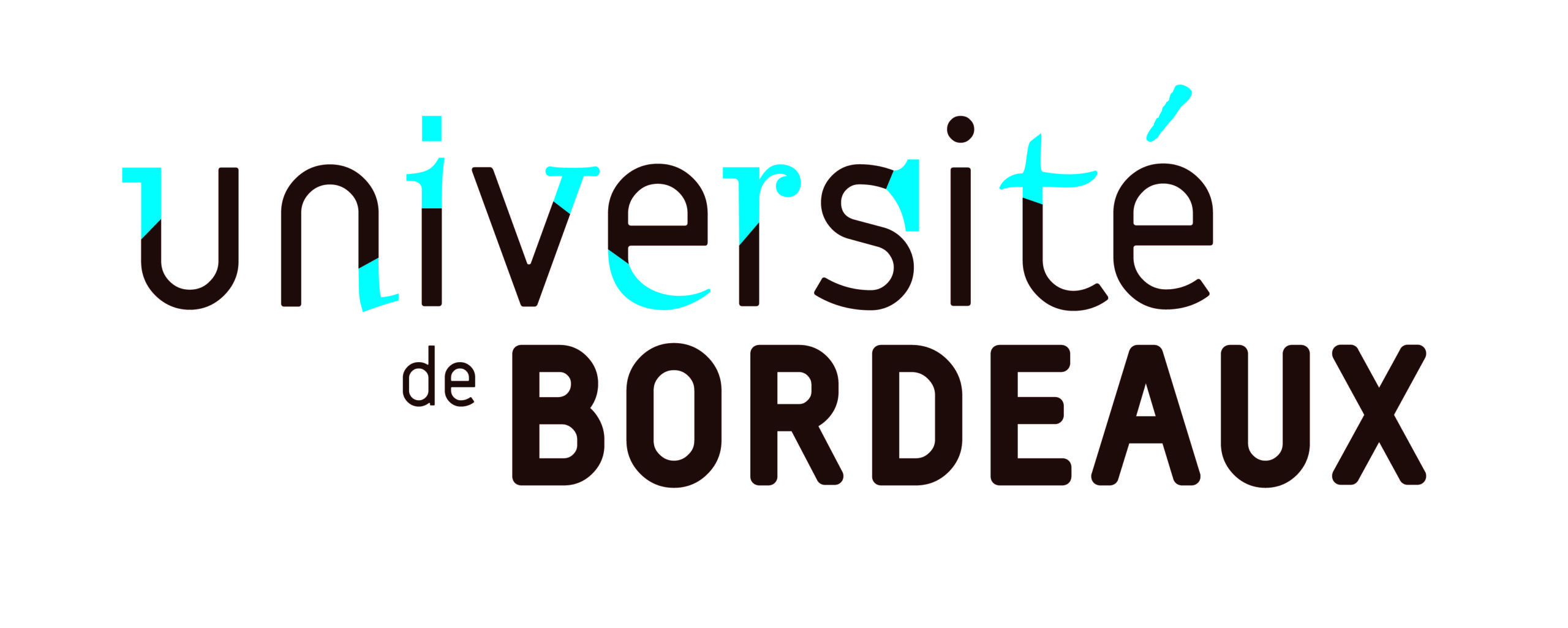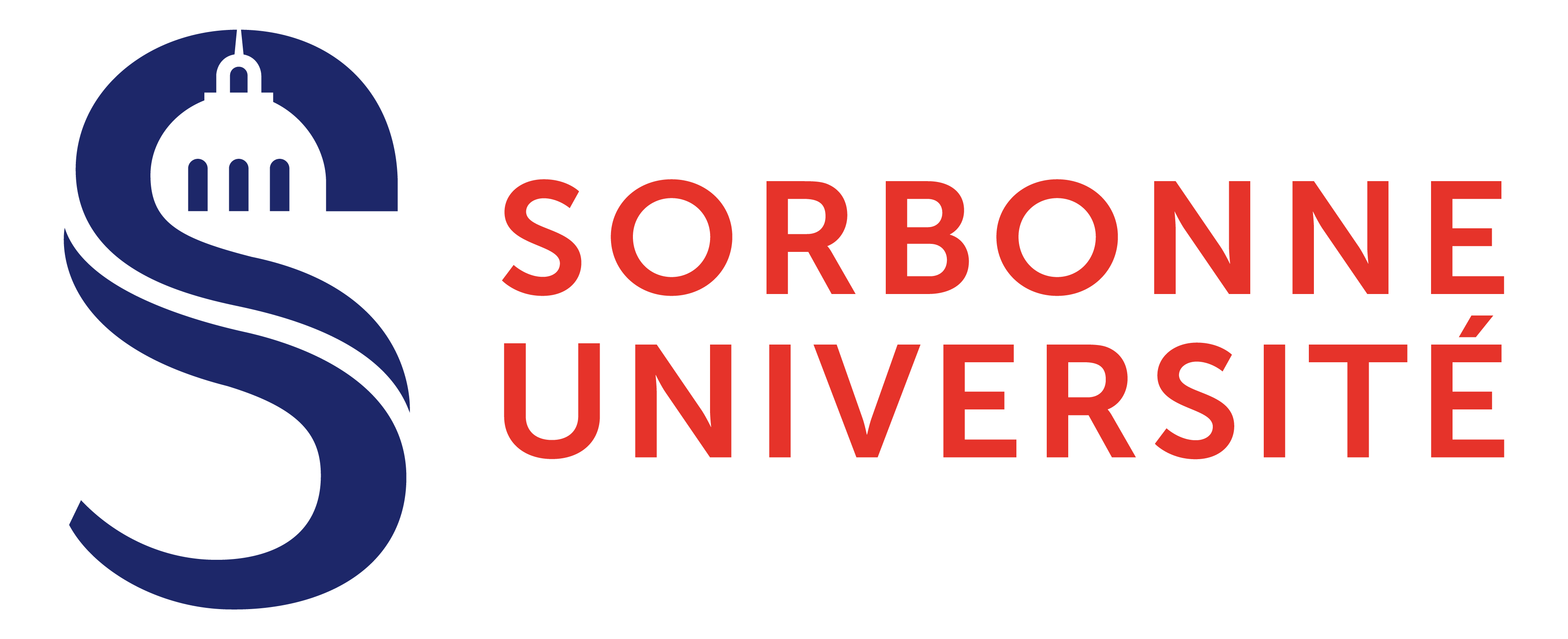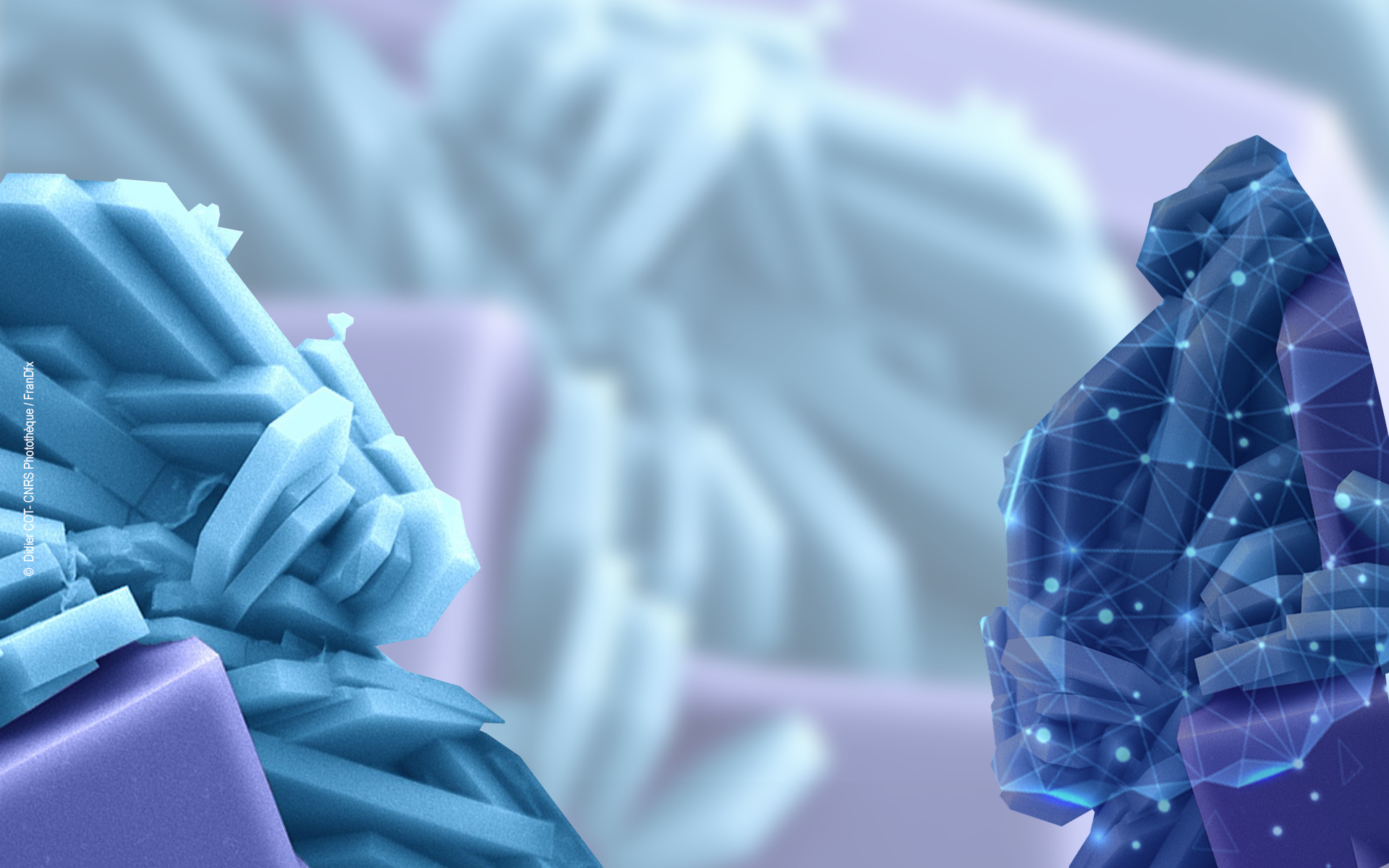
The PEPR DIADEM
Discovery Acceleration for the Deployment of Emerging Materials
Presentation of PEPR DIADEM
The DIADEM Priority Research Program and Equipment (PEPR) is one of the winners of the 1st wave of the exploratory PEPR call for projects. Funded by France 2030, it aims to accelerate the design and arrival on the market of more efficient and more sustainable materials, in particular thanks to artificial intelligence. Its budget of €85M should allow it to set up in France a network of four high-level platforms distributed across the territory and coordinated. Three calls for projects, to which the entire large French community concerned by materials and artificial intelligence can respond, and a call for events dedicated to the initial and continuing training of French scientists complete the system.
The French governement has entrusted the CNRS and the CEA with the management of the PEPR DIADEM in which ANR is the operator.
This PEPR is carried out in close collaboration with the national public research community involved in topics related to materials science and artificial intelligence.
In order to manage this program and guarantee the neutrality, quality and transparency of the work, governance at several levels has been defined:
- An Institutional Strategic Committee (ISC), made up of representatives of the institutions participating in the program, in charge of strategic management and validation of the Program’s orientations;
- An Operational Steering Committee (OSC), made up of program directors, targeted project managers and project managers, in charge of leading and coordinating the program, making decisions relating to its operation;
- A Scientific Advisory Board (SAB), made up of scientific personalities who will have an outside perspective on the proper functioning of the program.
17 targeted projects have been launched. The first call for projects was open to the scientific community and the applications are currently being evaluated. The selected projects will be launched in 2024.
PEPR Missions
Faced with societal challenges around energy, transport, energy or digital transitions, or even health, the discovery of new materials is essential. However, these are proving to be more and more complex. To overcome this complexity and address these questions in a short time given the urgency of the issues, the use of artificial intelligence (AI) is becoming essential. By relying on these new technologies, the PEPR DIADEM is therefore an ambitious program to accelerate the design and arrival on the market of more efficient, sustainable materials made from non-critical and non-toxic raw materials, thus contributing to to the competitiveness of French industries and the economic development of France. PEPR DIADEM is therefore also an accelerator for the deployment of emerging processes.
To implement its action, this exploratory PEPR will rely on the deployment of four platforms distributed across the territory (the DIADEM DISCOVERY HUB), combining in an integrated manner modeling, digital simulation, methodologies associated with AI, synthesis technologies/ high-throughput screening and characterization. 17 “demonstrator” projects aim firstly to set up this unique network of platforms, then to demonstrate its ability to accelerate the discovery of innovative materials.
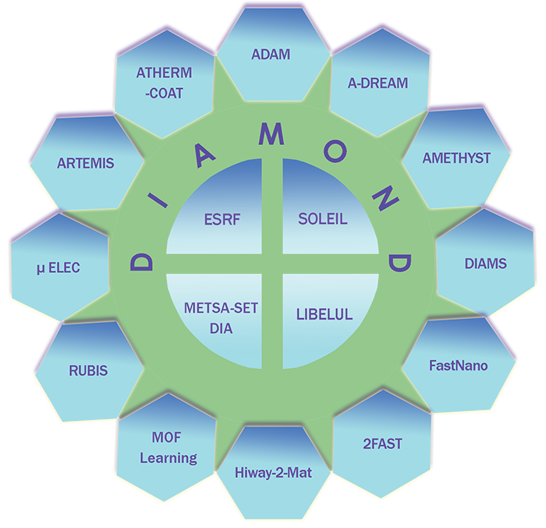
Three calls for projects accessible to the entire French community concerned, estimated at nearly 4,000 scientists, will make it possible to finance around thirty projects. These projects must mainly rely on the platforms set up by the PEPR and an important place will be given to their international character, in particular to collaborations in Europe.
A call for expressions of interest dedicated to the initial and continuing training of French scientists completes the system.
The two pilot organizations, the CNRS and the CEA, are supported by seven academic partners. The PEPR draws on existing equipment and devices, such as the SOLEIL and ESRF infrastructures, and will have a strong link with the “AI for sciences and sciences for AI” center recently launched by the CNRS.



